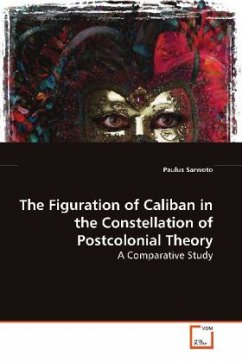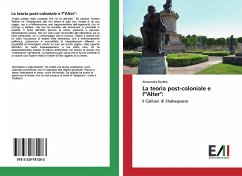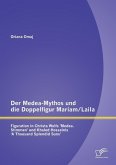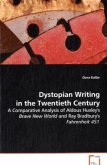The surrogation of Caliban from Shakespeare s The
Tempest to Césaire s A Tempest has always been
related to colonialism. In Shakespeare s time,
Caliban, depicted as half animal, served to represent
the Other in an emerging colonial discourse. As
opposed to Shakespeare s character, Césaire s Caliban
is blatantly black and racially oppressed. As an
adaptation, the play reinterprets the figure of
Caliban to express postcolonial attitudes of the
time. This book addresses the questions of how the
figure of Caliban in Shakespeare s play fits into the
discourse of colonialism and how the figure of the
black Caliban in Césaire s play reinterprets Caliban
in a postcolonial context. The discussion indicates
that each figuration of Caliban, both on stage and in
critical theory, always functions as a surrogate for
another reinterpretation of the figure within a given
political context. Césaire s Caliban, as a refiguring
of Shakespeare s Caliban, however, also invites
another surrogation, one that relates to the later
wave of postcolonial theory emphasizing hybridity,
which views Caliban as one who blends borders and
identities in a hybrid formation.
Tempest to Césaire s A Tempest has always been
related to colonialism. In Shakespeare s time,
Caliban, depicted as half animal, served to represent
the Other in an emerging colonial discourse. As
opposed to Shakespeare s character, Césaire s Caliban
is blatantly black and racially oppressed. As an
adaptation, the play reinterprets the figure of
Caliban to express postcolonial attitudes of the
time. This book addresses the questions of how the
figure of Caliban in Shakespeare s play fits into the
discourse of colonialism and how the figure of the
black Caliban in Césaire s play reinterprets Caliban
in a postcolonial context. The discussion indicates
that each figuration of Caliban, both on stage and in
critical theory, always functions as a surrogate for
another reinterpretation of the figure within a given
political context. Césaire s Caliban, as a refiguring
of Shakespeare s Caliban, however, also invites
another surrogation, one that relates to the later
wave of postcolonial theory emphasizing hybridity,
which views Caliban as one who blends borders and
identities in a hybrid formation.








